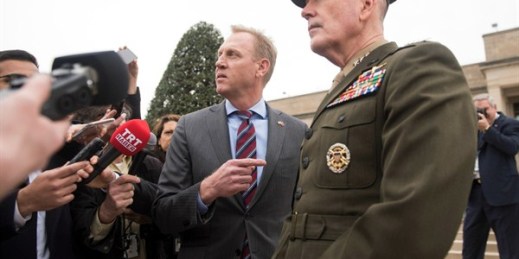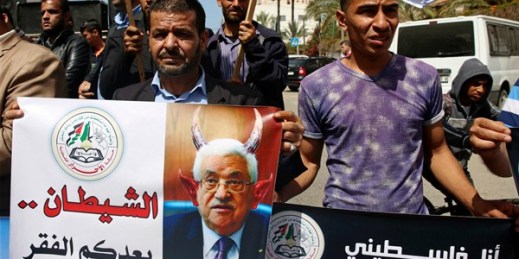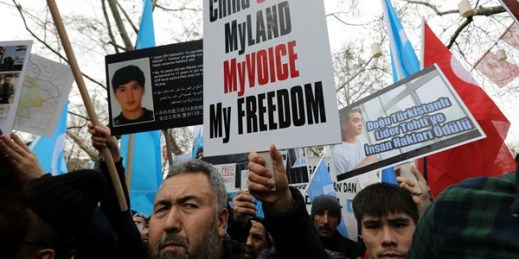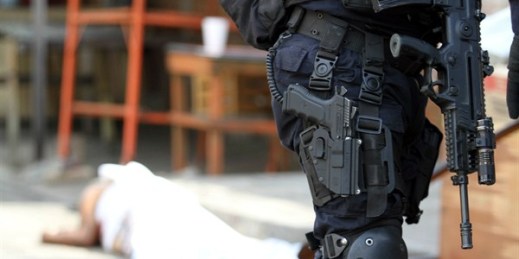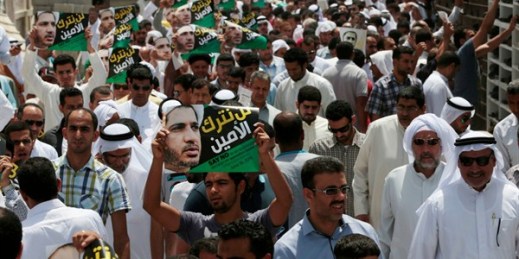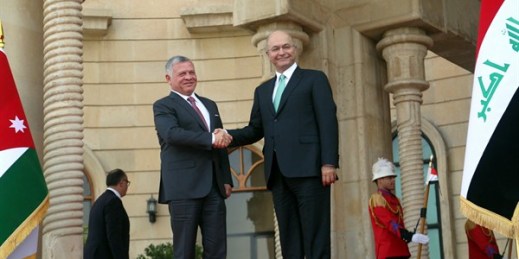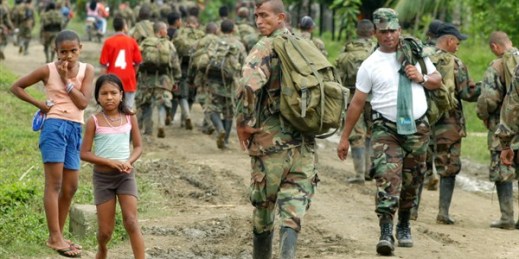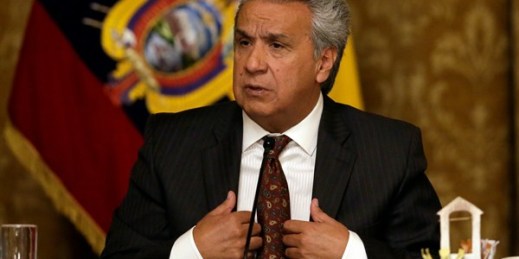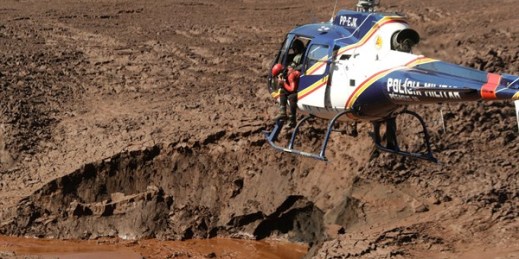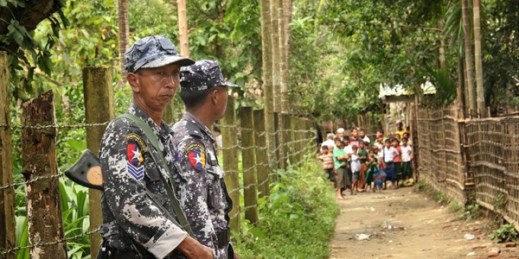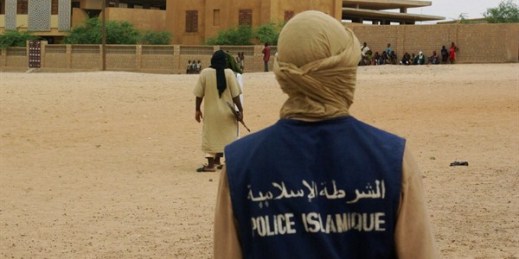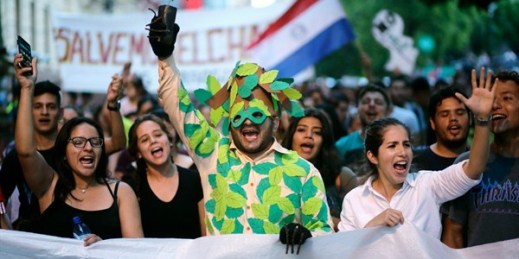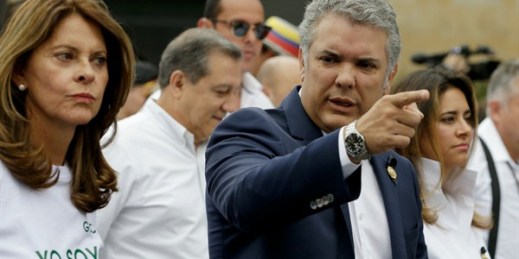
In January, after the Colombian guerilla group ELN carried out a car bomb attack against a police academy in Bogota that left 21 cadets dead, the government of President Ivan Duque called on Cuba to extradite ELN leaders—including their top commander—who are in Havana as part of a suspended peace process. Cuba’s refusal to honor the request, which would violate an agreement guaranteeing the ELN negotiators safe return in the event the talks are abandoned, is the latest point of tension between the two governments. In an email interview, Michael Camilleri, director of the Peter D. Bell Rule of Law […]


